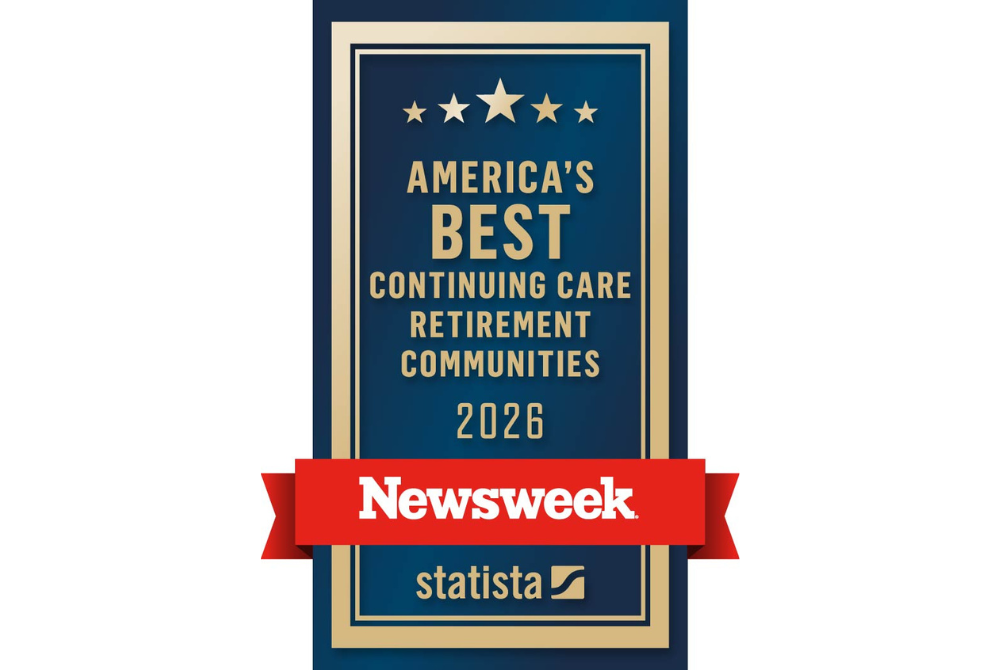When used as directed, medications and prescriptions can significantly improve uncomfortable symptoms and help you control worrisome health conditions. However, medication management for seniors can become complicated as the list of prescriptions grows, and that creates potential danger.
These 10 safe medication management tips will help you overcome common medication mistakes many seniors make:
- Make a list. Keep a list of all prescription and over-the-counter medications you take, including the name, dosage, frequency, who prescribed it, and why you take it. Keep a copy where you can easily update it, and always put the date on the most recent version.
- Share your medication list. Be sure a loved one or caregiver has a copy of your medication list in case there’s an emergency and hospital physicians need your medical history. It’s also a good idea to clip the list to your refrigerator or place it in another highly visible place so emergency responders can find it.
- Keep tabs on refills. Monitor when your prescriptions will expire so you can avoid missing any doses. Remember that your doctor may require a check-up appointment before authorizing refills, so plan ahead by scheduling your appointment as soon as you get your last refill.
- Take medications as prescribed. Even if you feel better or think you may not need a certain medication anymore, never make changes to the dosage or frequency without talking to a member of your care team. Stopping certain medications abruptly can cause serious health risks, so always work with your doctor to make adjustments.
- Be wary of drug interactions. Some medications don’t work well or can cause uncomfortable side effects when taken together, so always be sure your pharmacist is aware of all medications you’re taking, especially if you have prescriptions filled through more than one pharmacy or mail delivery services. Similarly, if you see multiple doctors or specialists, they should all be aware of the medicines you’re taking before prescribing anything new.
- Ask about special instructions. When you start a new prescription, be sure to ask if the pharmacist has any advice about how you should take it. For example, you may need to take it with food to reduce the chance of an upset stomach, or increase your water consumption to offset the risk of dehydration.
- Report reactions or extreme side effects. If you have an unexpected reaction to a medication, report it to your doctor right away. Sometimes the side effects will go away, but your doctor should know if you have any problems, as other options may be available.
- Take your medications consistently. Keeping your medicine organized so you take every dose as scheduled can become quite a chore. Especially if you take many different medicines at different times of the day, you may find it helpful to use a pill box with multiple wells for each day. Using an alarm or an app designed to facilitate medication management for seniors can help you remember to take your medicine on time.
- Store medicine properly. Most prescriptions and medications should be stored in a cool, dry place out of reach of your pets or any children who might visit your home. Many people store their medicine in the bathroom or in a kitchen cabinet, but this isn’t always the best idea. The steam from the bathroom can be problematic, and heat and vapor from the stove can also create less than ideal conditions.
- Dispose of unused medications safely. A final safe medication management tip is to always handle medications you no longer need with care. Many pharmacies offer safe prescription drop-off sites where you can dispose of them without risk of danger to anyone else or the environment. Also remember that prescriptions and over-the-counter medications expire and shouldn’t be used after the date on the label or package. Make a point to cull expired bottles at least once every few months.
If you find that following these safe medication management tips is a challenge, it’s a good idea to ask for help. You might benefit from senior home care services, or you may find that a supportive senior living community can help manage your senior health needs and offer you a safer setting to enjoy your retirement years.
Connect with Our Engaging Community
Winchester Gardens is a Life Plan Community (also known as a continuing care retirement community), which means you’ll find a continuum of care with living options that provide the senior care you need now and in the future. Contact us to arrange a visit and learn more about the enriching and engaging lifestyle that awaits.



